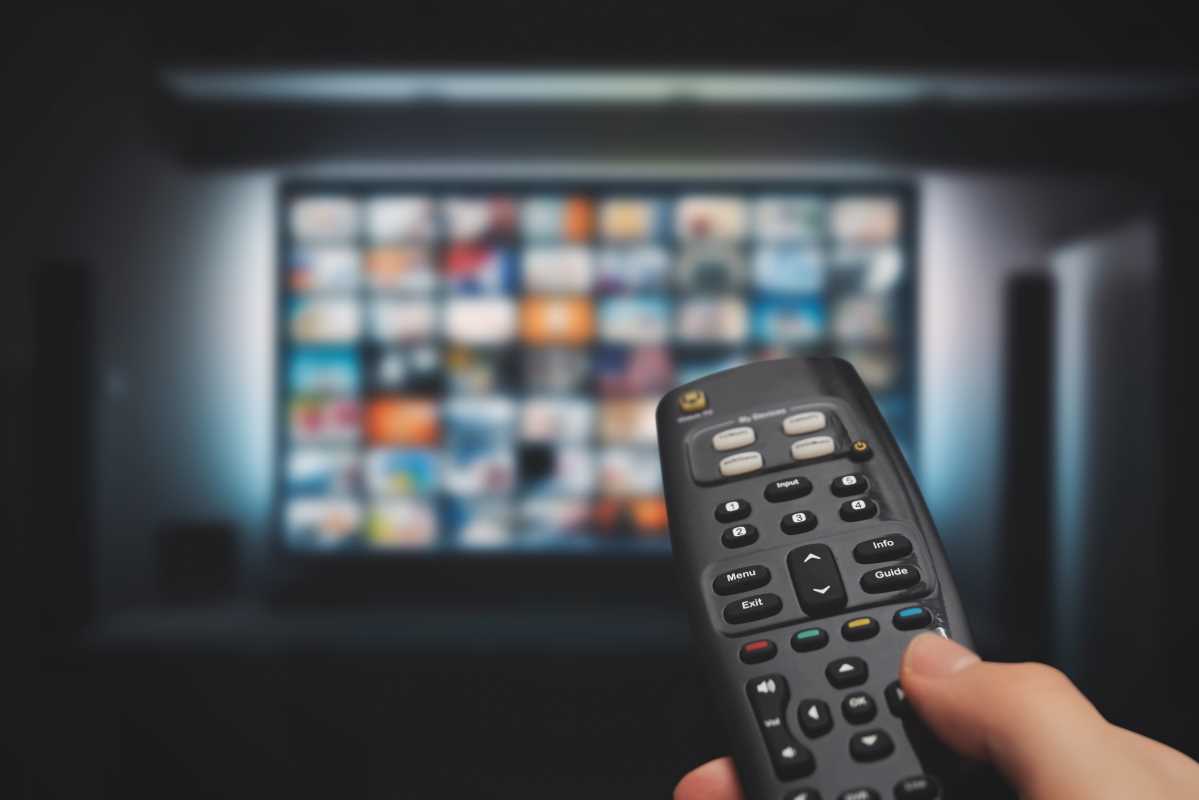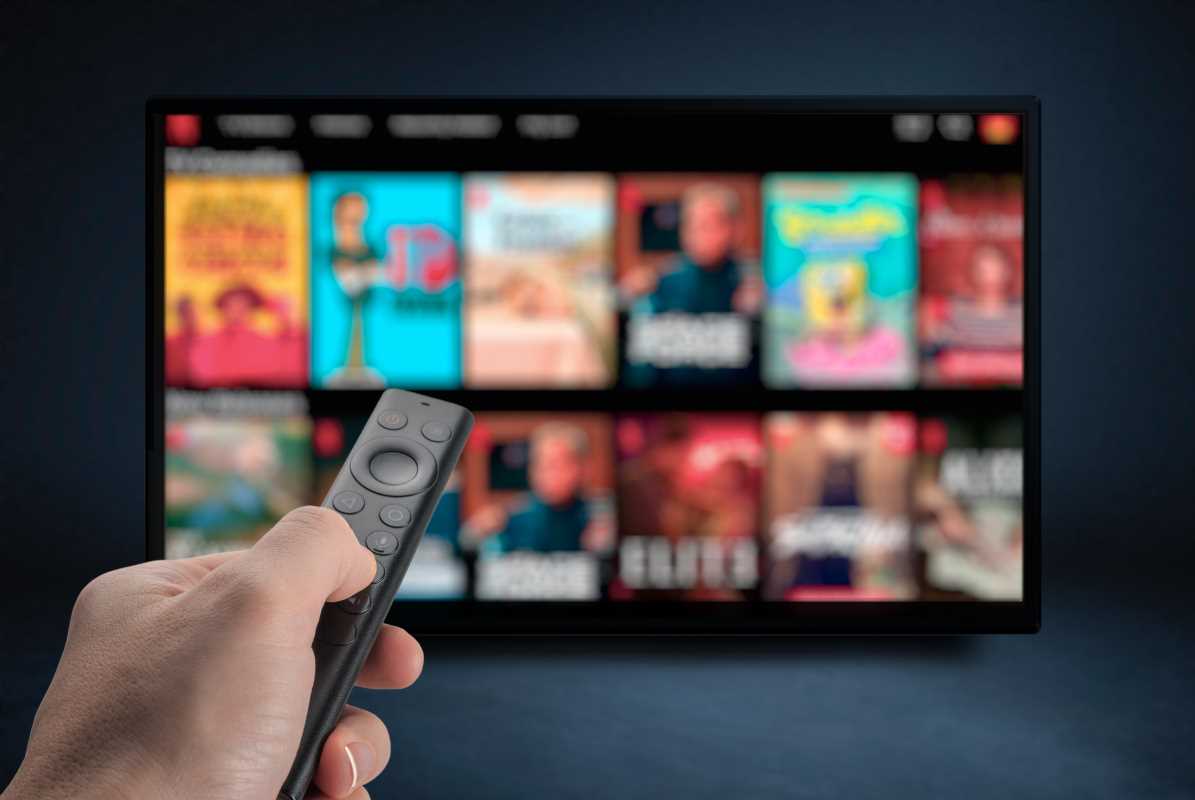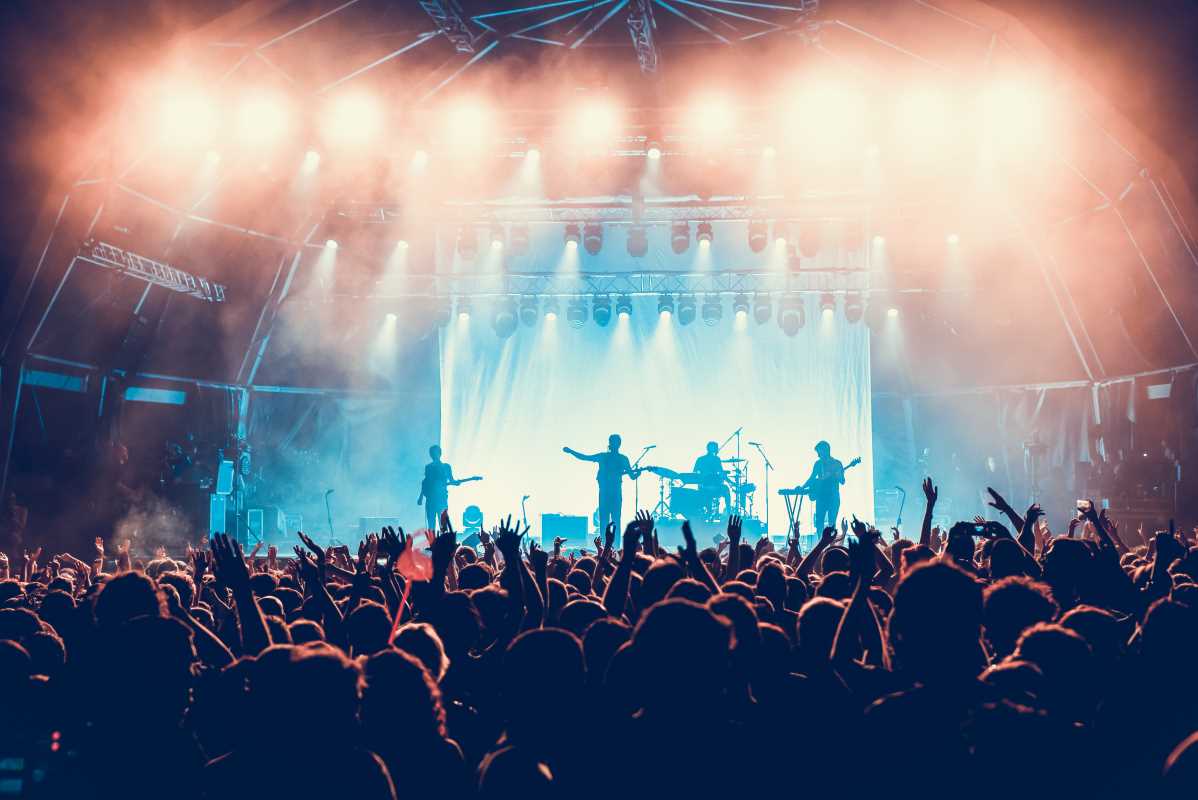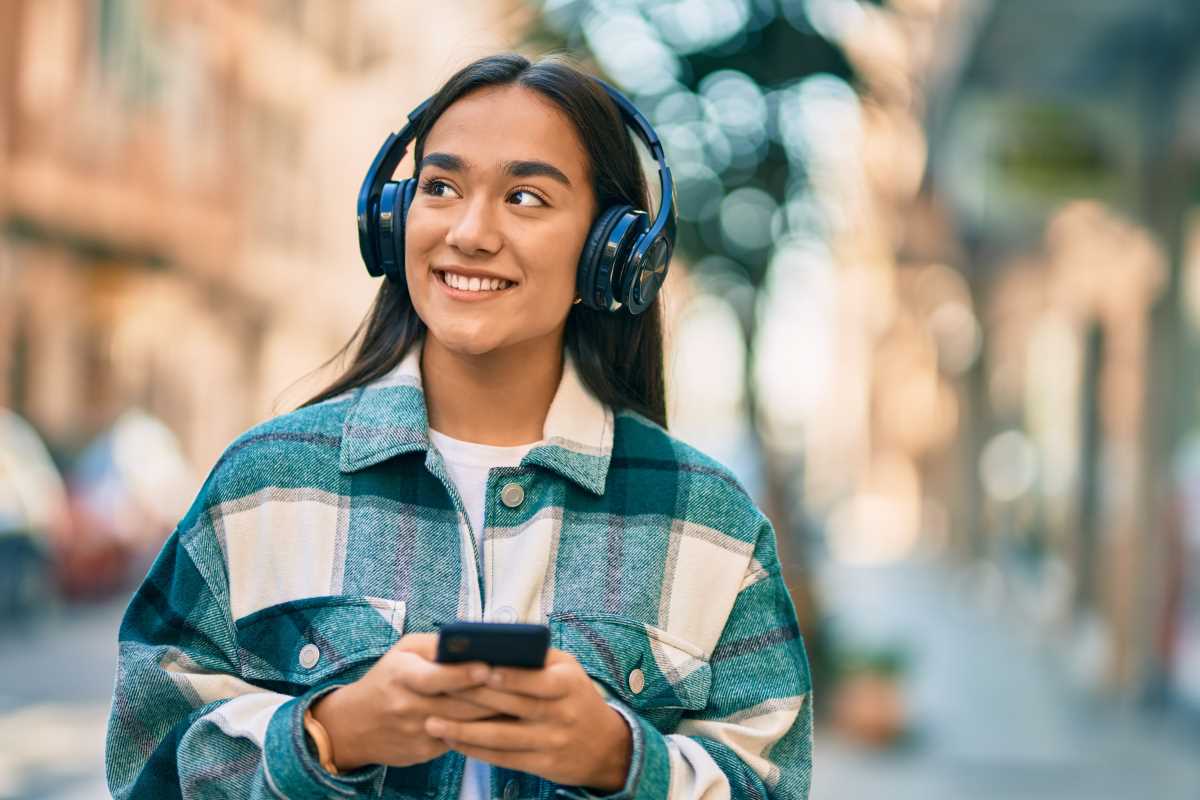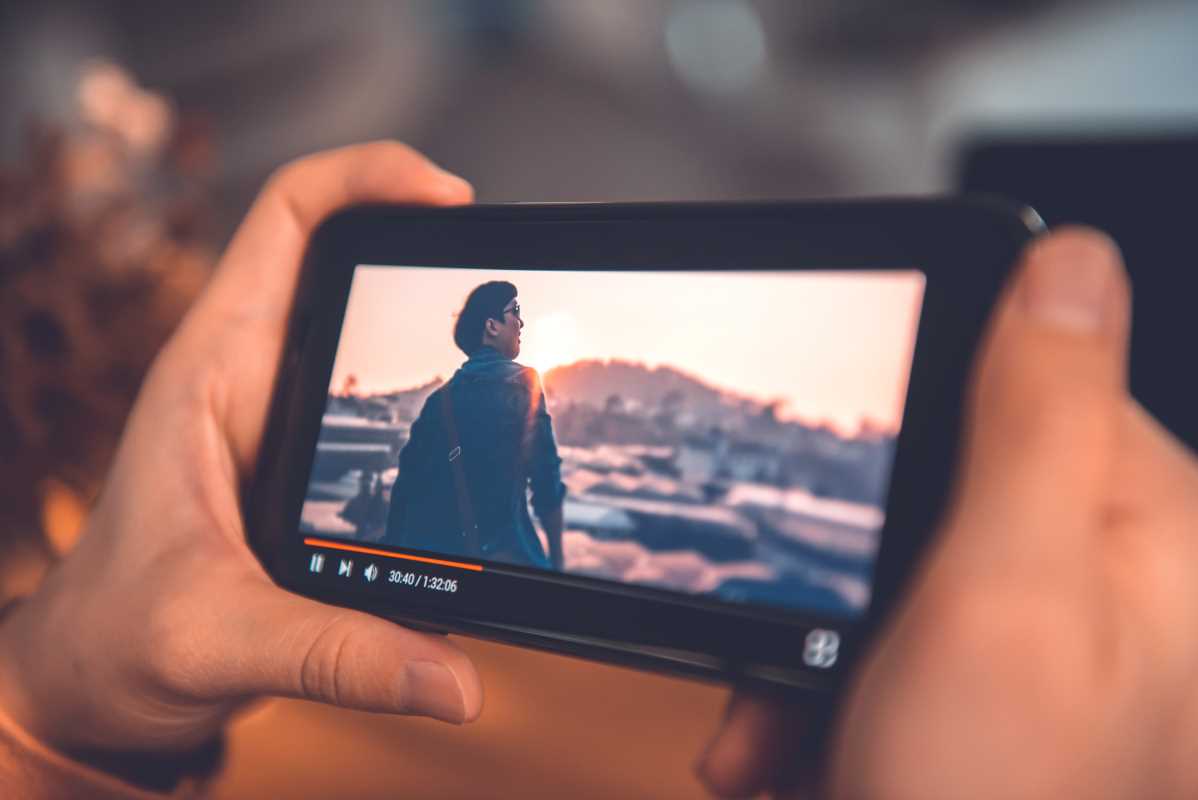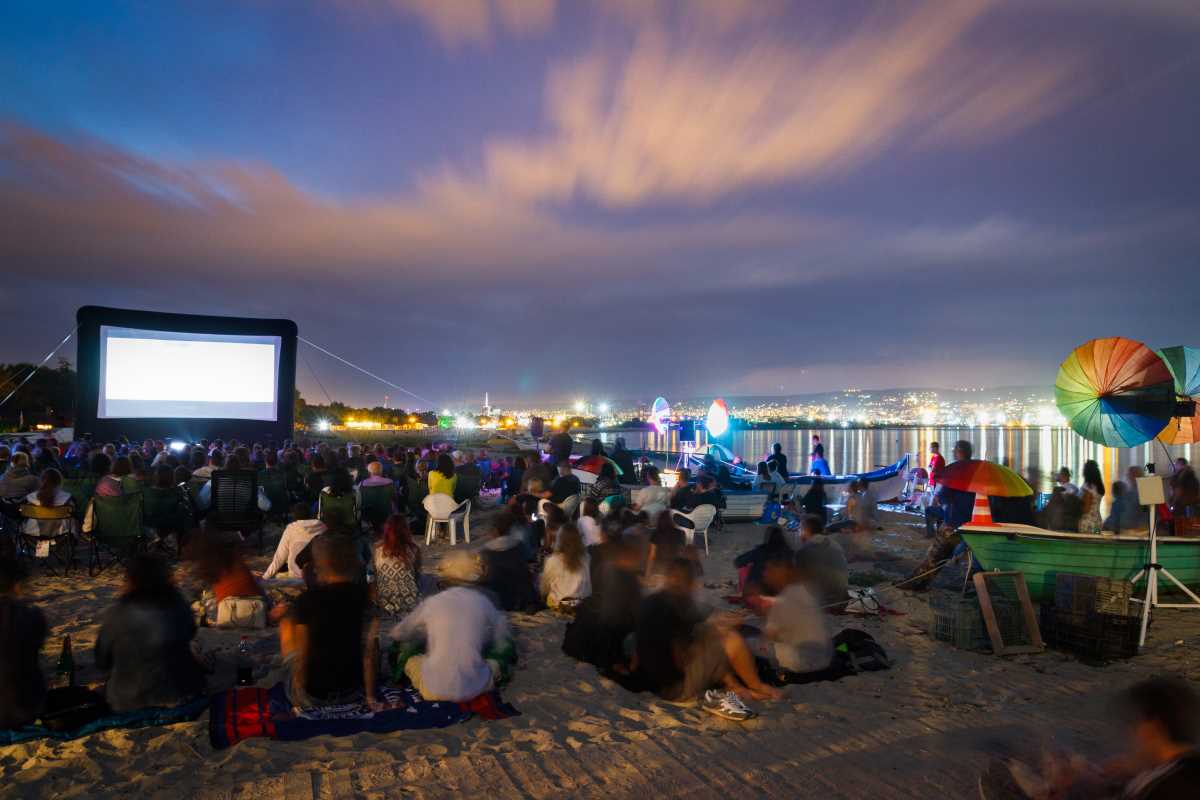The Evolution of Entertainment in the Age of Social Media
By: Nolan Sheppard Last updated: 10/11/2024
Social media has revolutionized the way we consume and engage with entertainment. Platforms like Facebook, Instagram, Twitter, TikTok, and YouTube have created new avenues for artists, filmmakers, musicians, and content creators to connect with their audiences. This shift has changed not only how we access entertainment but also how it is created, marketed, and consumed. Let’s examine the multifaceted impact of social media on the entertainment industry.
Democratization of Content Creation
One of the most significant impacts of social media is the democratization of content creation. Previously, artists had to rely on traditional gatekeepers—like record labels and film studios—to distribute their work. Today, anyone with a smartphone can create and share content, allowing for a diverse array of voices and styles to emerge. Platforms like TikTok and YouTube have birthed a new generation of creators who gain popularity and influence without the backing of major corporations. This shift has led to a more inclusive entertainment landscape where niche interests can flourish, enabling audiences to discover content that resonates with them personally.
Enhanced Engagement and Community Building
Social media fosters a sense of community around entertainment. Fans can engage with their favorite artists and shows in real-time, sharing their thoughts and reactions instantly. This interaction cultivates a deeper connection between creators and their audiences. For instance, live-tweeting during a show or participating in Q&A sessions can enhance the viewing experience and make fans feel more involved. Artists and creators often use social media to gather feedback, conduct polls, or host live sessions, which encourages audience participation and loyalty.
Marketing and Promotion
The way entertainment is marketed has transformed dramatically due to social media. Traditional advertising methods, such as TV commercials or billboards, are being supplemented or even replaced by targeted social media campaigns. Companies leverage algorithms and user data to reach specific demographics, ensuring their marketing efforts resonate with the intended audience. Viral marketing strategies, such as challenges and hashtags, can create buzz around a project, often leading to greater visibility than conventional ads. The success of a movie or a song can hinge on its ability to capture attention on social media.
Influencer Culture
Influencers play a crucial role in shaping entertainment trends today. Many influencers have built their careers around their online presence, gaining substantial followings that can impact what becomes popular. Brands frequently collaborate with these influencers for promotional campaigns, recognizing their ability to sway audience opinions and drive consumer behavior. As a result, an influencer’s endorsement can propel a project into the spotlight, making them a vital asset in the marketing strategy for films, television shows, and music.
Changing Consumption Patterns
Social media has also altered how we consume entertainment. With the rise of short-form content, audiences have developed shorter attention spans, leading to the popularity of bite-sized videos. Platforms like TikTok and Instagram Reels have shifted user expectations, encouraging creators to deliver engaging content in a condensed format. This trend influences how filmmakers and content creators structure their narratives, often prioritizing captivating openings to hook viewers immediately. Additionally, binge-watching habits fostered by streaming services have led to discussions and interactions on social media about entire seasons, fueling fandoms and community engagement.
The Rise of User-Generated Content
User-generated content (UGC) is another trend fueled by social media. Fans create their own interpretations of songs, films, and shows, whether through fan art, parodies, or remixes. This participatory culture not only enhances fan engagement but also serves as free advertising for the original creators. Platforms like YouTube and TikTok thrive on UGC, allowing fans to express their creativity while simultaneously promoting the content they love. The interaction between creators and fans fosters a sense of shared ownership over the content, leading to increased loyalty and enthusiasm.
Challenges and Criticisms
Despite the numerous benefits, the impact of social media on entertainment is not without challenges. The pressure for constant content can lead to burnout among creators, who may feel compelled to prioritize quantity over quality. Additionally, the rapid spread of misinformation can lead to controversies, as seen in various celebrity scandals that erupted on social media. The need for instant feedback can also stifle creativity, as artists may cater to popular trends rather than pursue their original vision.
Share now!
This content was created with the help of a large language model, and portions have been reviewed and edited for clarity and readability.
